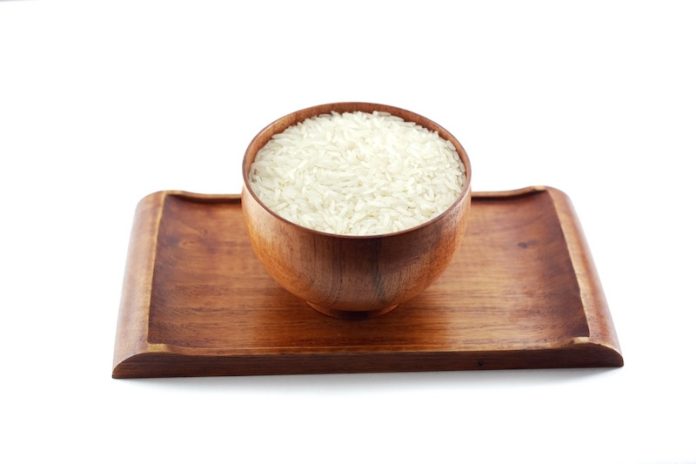
A study emerging from Arizona State University, orchestrated by Dr. Glenn Gaesser and team, introduces a perspective that veers from the conventional wisdom regarding refined grains and cardiovascular health.
Contrary to the widely accepted notion that refined grain consumption is associated with increased cardiovascular disease (CVD) risk, this study posits otherwise.
Understanding Refined Grains
Refined grains, including white bread, white rice, and white flour, undergo a milling process which removes the bran and germ to enhance their shelf life.
Although this process does strip away some of the original fiber and B vitamins, these grains are often enriched with additional B vitamins and iron subsequently.
A variety of common and popular foods, from breads and cereals to desserts and pastries, utilize refined grains in their production.
The Study and Its Findings
In this research, a comprehensive analysis of data from 17 prospective studies was conducted, involving a substantial participant pool of 877,462 individuals.
The focus spanned staple grain foods (like bread, cereal, and pasta) and also integrated indulgent grain foods (such as cakes, muffins, and pastries) in certain studies.
Strikingly, the research unveils a lack of association between refined grain intake and elevated CVD risk.
This insight challenges the prevailing belief that refined grain foods correlate with increased cardiovascular risk, thereby prompting a reevaluation of the role of refined grains within the Western dietary pattern.
Contextualizing Refined Grains in the Western Diet
Refined grains, although a component of the Western dietary pattern, do not appear to contribute to elevated CVD risk, according to the study’s findings.
The Western dietary pattern, known for incorporating red and processed meats, sugar-sweetened beverages, French fries, high-fat dairy products, and refined grains, has been previously associated with augmented CVD risk.
However, the research emphasizes that the true culprits might be other elements, specifically red and processed meat, and sugar-sweetened beverages, rather than refined grains.
Meta-analyses indicate that the CVD risk associated with the Western dietary pattern is not resultant from refined grain foods.
Reflecting on Dietary Recommendations
The results of this study could serve as a catalyst for reevaluating and possibly reshaping future dietary guidelines.
It signifies the importance of nuanced understanding in nutritional science, suggesting that while advocating for increased whole grain consumption is vital, it may not necessitate the vilification of refined grain foods.
It is pivotal that these findings are considered and scrutinized within the nutritional community, potentially sculpting a more nuanced perspective on refined grains and their role within our diets.
Given the complexities of diet and its multifaceted impact on health, it’s crucial to approach these findings with a comprehensive perspective, considering other health implications and broader dietary patterns.
Future research may further explore these relationships, continuing to refine our understanding of nutrition and cardiovascular health.
Follow us on Twitter for more articles about this topic.
Copyright © 2023 Scientific Diet. All rights reserved.








